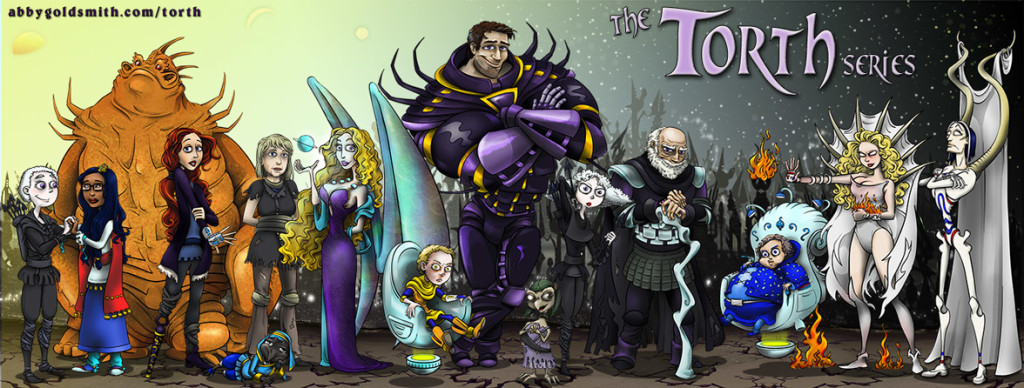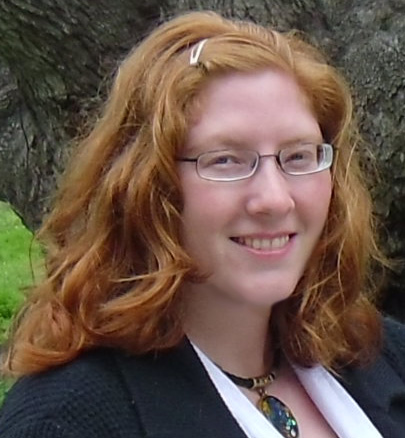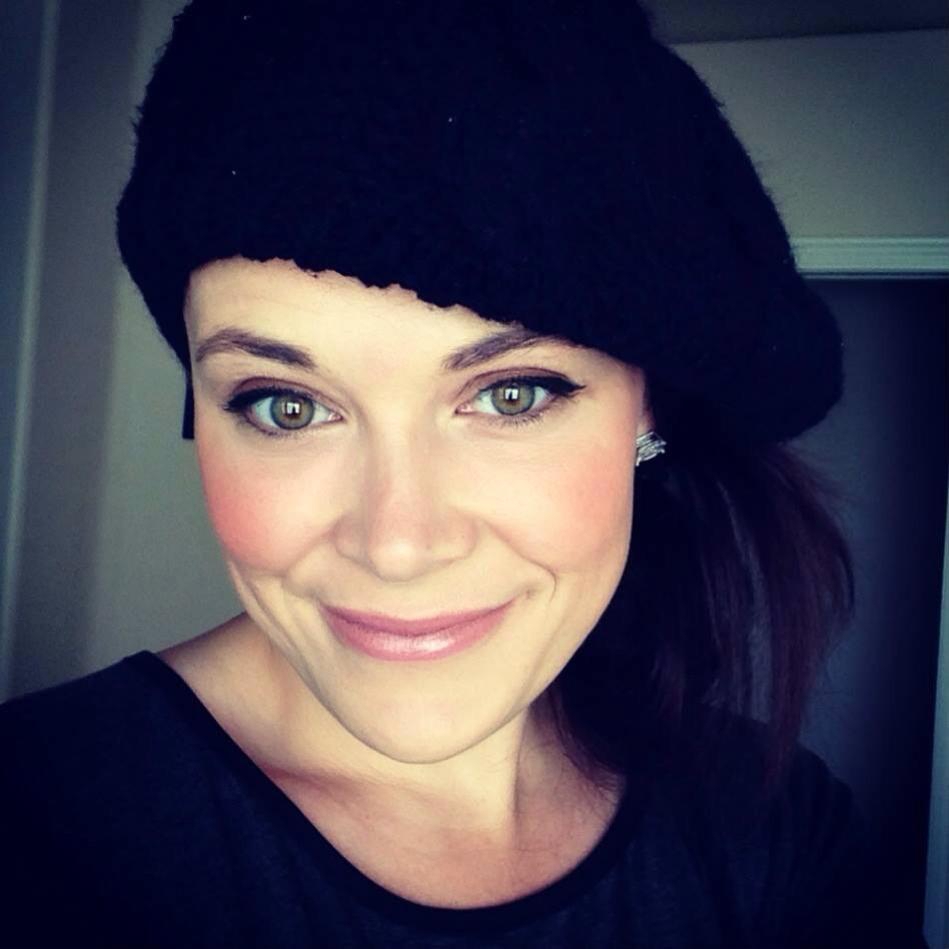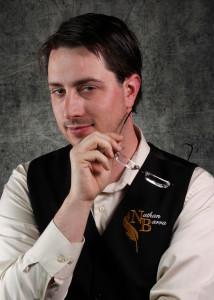A Guest Post from Amanda McCarter
I had a lot of trouble deciding which inspiration to write about. My whole life is full of inspiration, from bedtime stories, to family TV time, writing exercises in school. The list goes on. It took a lot of consideration to whittle it down. I suppose what’s most important is the moment I decided to take writing seriously.
Most of us have probably had that moment reading a best seller where we had to scratch our heads. The prose was clunky, the dialog awkward, the plot simplistic. But the writer, whether we liked it or not, had done something. They had caught the attention of millions.
Dan Brown’s The Da Vinci Code gave me one of those moments. It was a fun, quick read. I enjoyed it so much, I took a college course dissecting it. I tried to read it again for the class, but the magic was gone.
I was taken aback by how boring the book was. The first read was great, but once I knew what it was about, I couldn’t bear to read it again. It was painful. And I thought, I can do better than that.
Of course, I didn’t. Dan Brown in a good author. He wrote a fantastic novel. He caught the imaginations of people around the globe. I knew I had no hope of doing anything close to that, but it did plant the seed of something.
Years later, after a failed marriage and a move to a mountain town, I found myself alone with a crappy job and struggling to pay bills. I remembered a contest I found in high school, looking for scholarships for college.
L. Ron Hubbard’s Writers of the Future Contest, a contest for beginning science fiction, fantasy, and horror writers with only one stipulation. The entrants could not be previously published.
Writing was something I could do. I’d written a few fanfics over the years. They were somewhat popular. But I knew someone else’s universe would never get me anywhere and I wanted to be paid for my stories. So I wrote a short story, sent it to the contest, and promptly forgot about it.
Months went by. I didn’t even remember entering. Then, one day I got this strange little letter in the mail. I hadn’t won Writers of the Future. I had, however, made it to the quarter finals (now just called an honorable mention). This meant the judge had finished my story, but it was still lacking the strength of something saleable. My story was in the top ten percent of entries.
I was excited. I told everybody. I called my mom, told my co-workers, my friends, anyone who would listen. I made it to the quarter finals in a writing competition. I could write.
Well, sort of. I had a long way to go. I still do, but that little note from a complete stranger saying that I did what the majority of contestants couldn’t on my first entry meant a lot. It told me that I had something. It motivated me to keep going.
Over the next several months, I continued to write. I wrote my first novel. I wrote a lot of bad short stories. Some good ones. I found a writing community in the Writers of the Future forums. I joined a critique group. I came to understand that being a writer meant writing every day, submitting stories, and constantly striving to get better.
As time went on, I learned to draw from my favorite authors; Anne McCaffrey, Mercedes Lackey, Frank Herbert. I took classes and seminars on how to be a better writer. I learned how to craft a character and form a setting. Those quarter finalists became semi-finalists. I started to self-publish my better stories and novels. Editors started giving me personal rejections.
Two years ago, I did the best thing I could for my career, prompted by my long time writing colleague, Brad Torgersen. I needed a wider group of writers, further along on the path than my current writing group. I needed more inspiration and motivation. I went to Superstars Writing Seminar.
It was a huge amount of inspiration and motivation. I got to hear from long time professionals in the field, new professionals just figuring things out, and outsiders looking in and their observations.
I won’t say it was a game changer, but it was definitely an eye opener. I started doing things differently. I saw my career differently. It became something much more tangible and will continue to do so.
I suppose, in some respects, I owe my ex-husband for my current situation. I probably never would have taken that timid step forward of submitting a short story to a contest. But I think I owe that stranger who gave me my first honorable mention more. She gave me the confidence to keep going and I will always treasure that.
About the Author: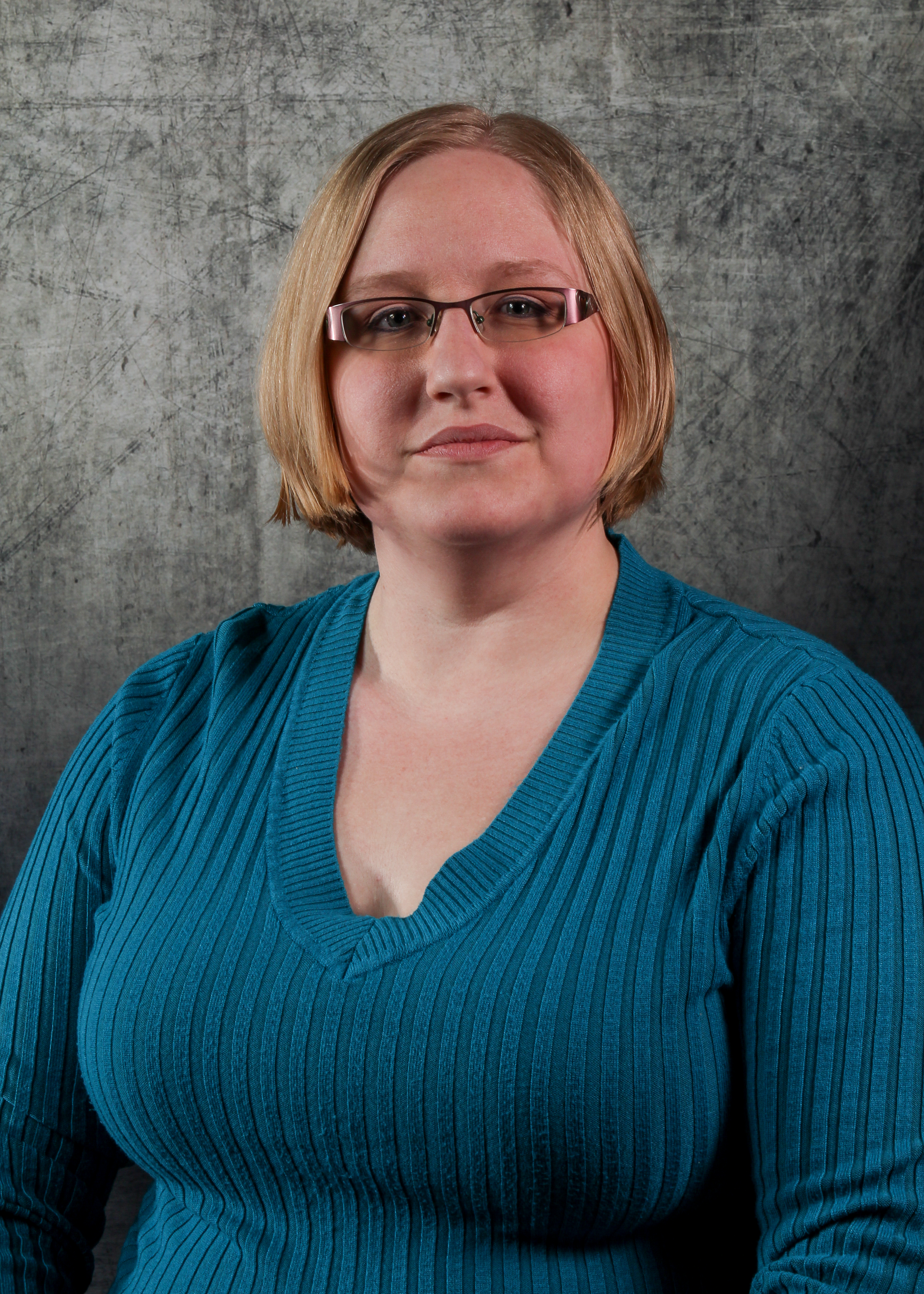
Amanda McCarter grew up reading the works of Mercedes Lackey, Anne McCaffrey, Frank Herbert and dozens of other fantasy and science fiction writers. As time went on, it occurred to her to write her own fantastic stories of faraway places and distant lands.
Encouraged by her mother and her family to write, a one time hobby became an obsession and a passion. An obsession she hopes to one day make full time.
Currently, Amanda lives in Tulsa, OK with her boyfriend, a snake, two cats, and two dogs. When not dreaming of faraway places and distant lands, she spends her time knitting, reading, and playing video games.

